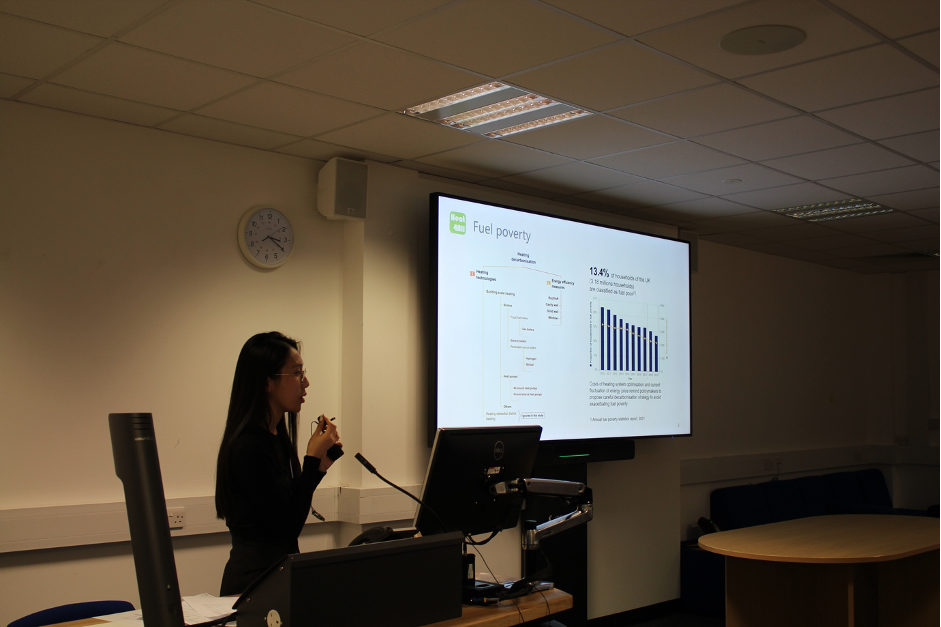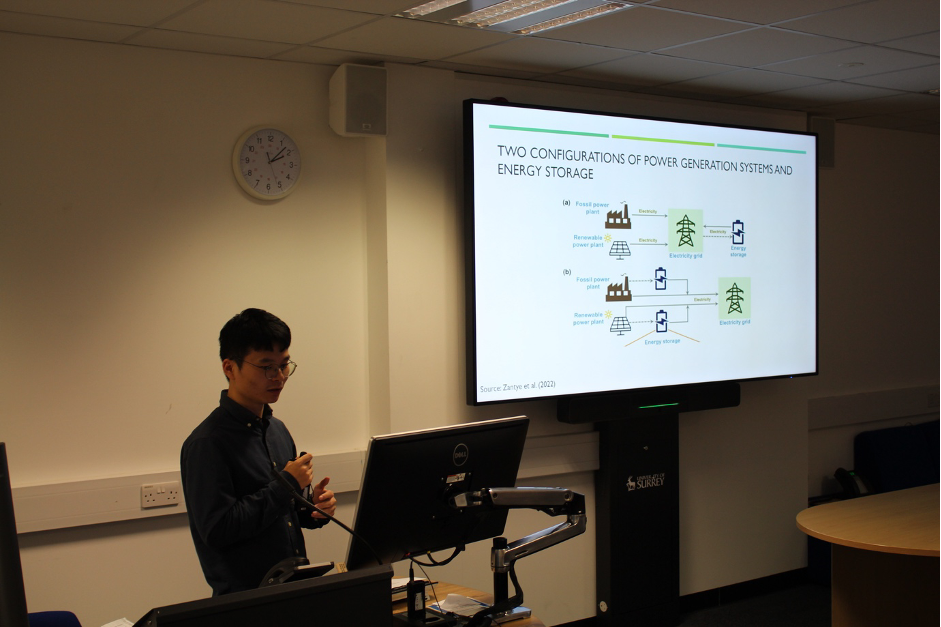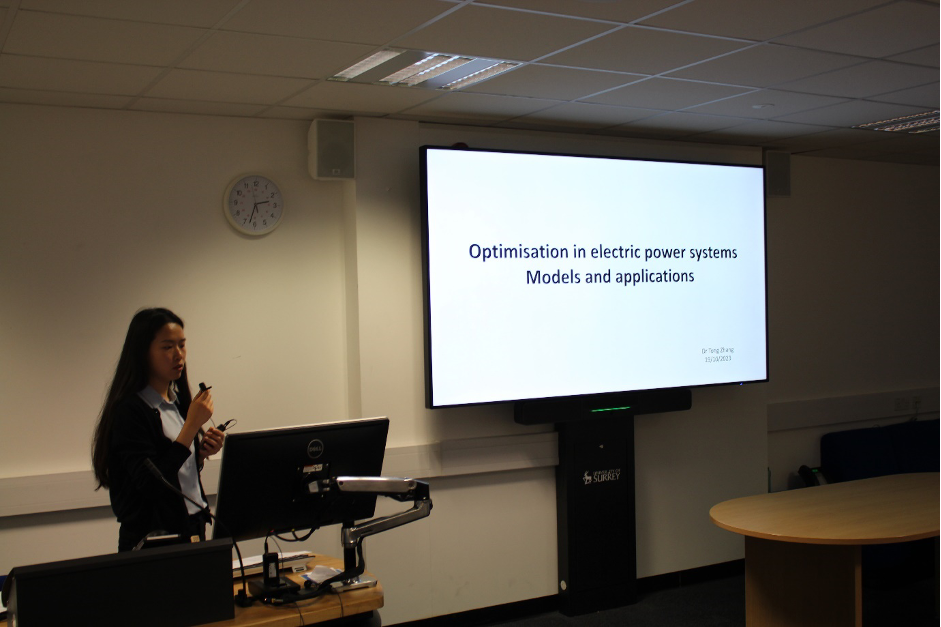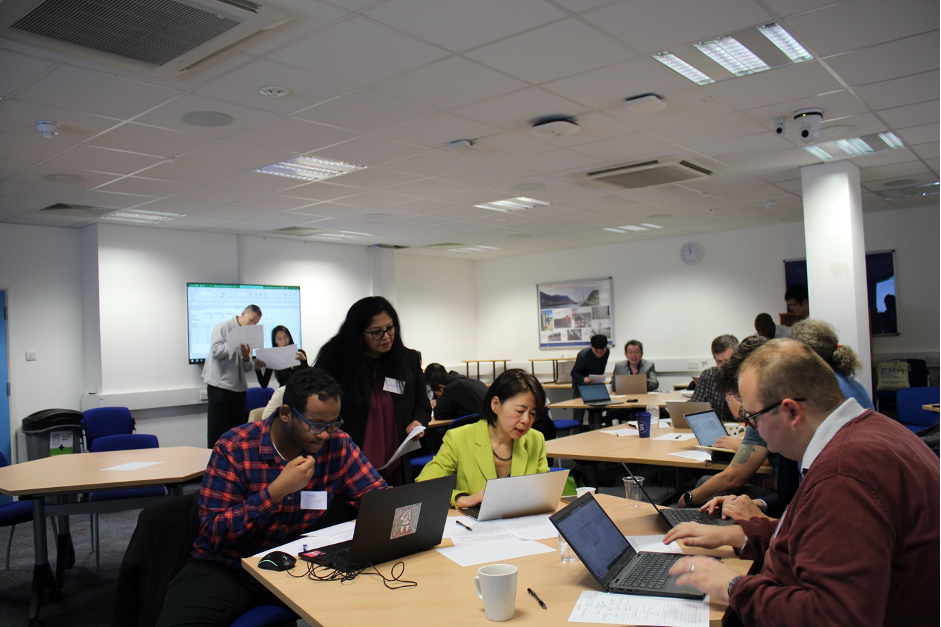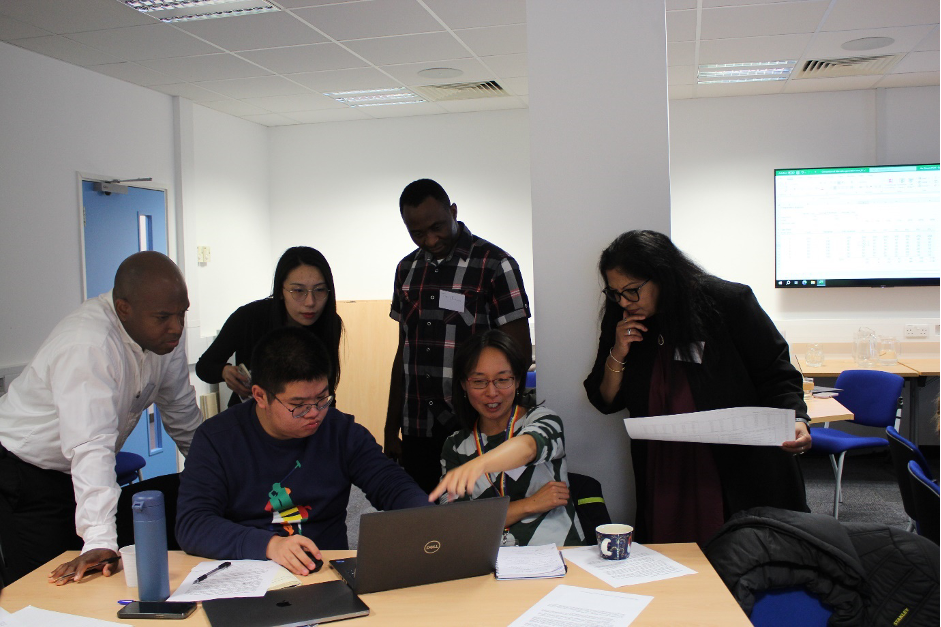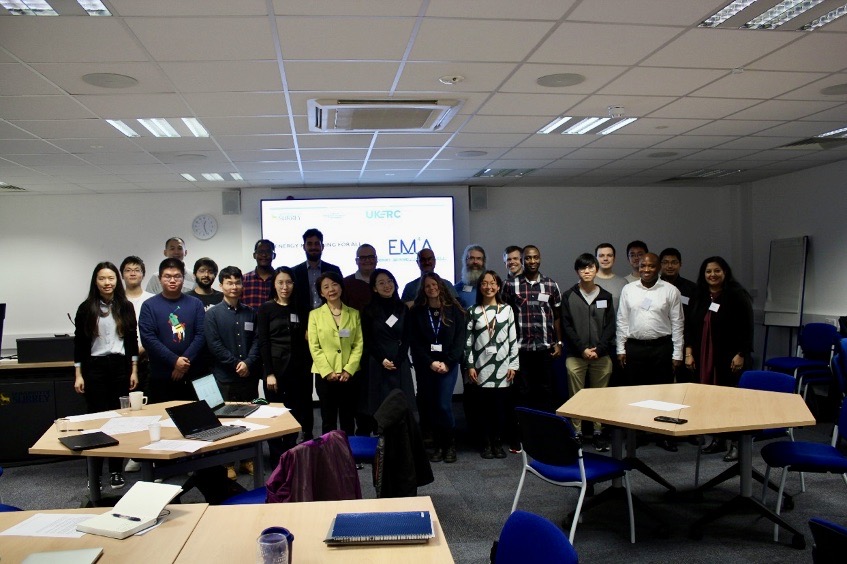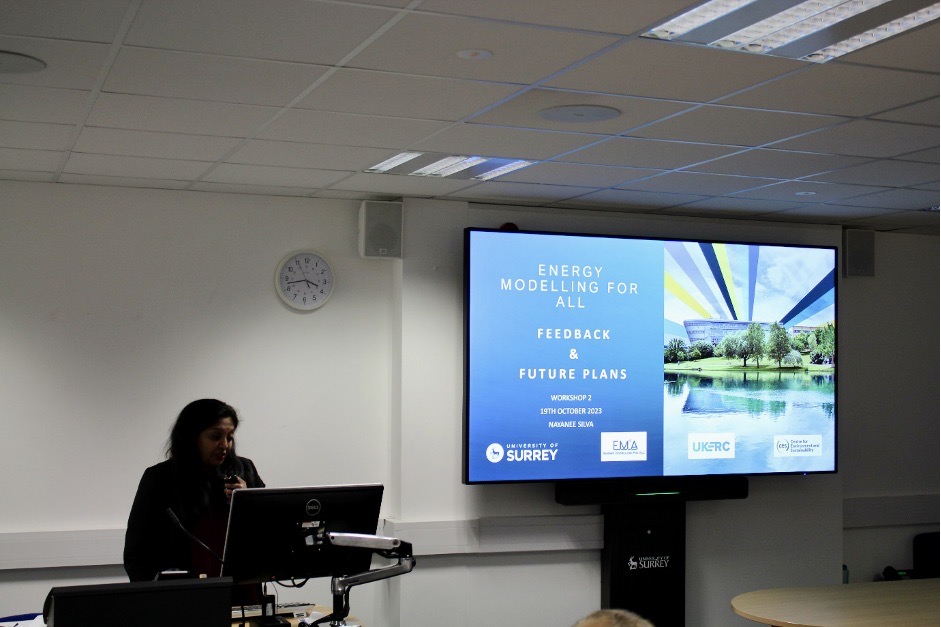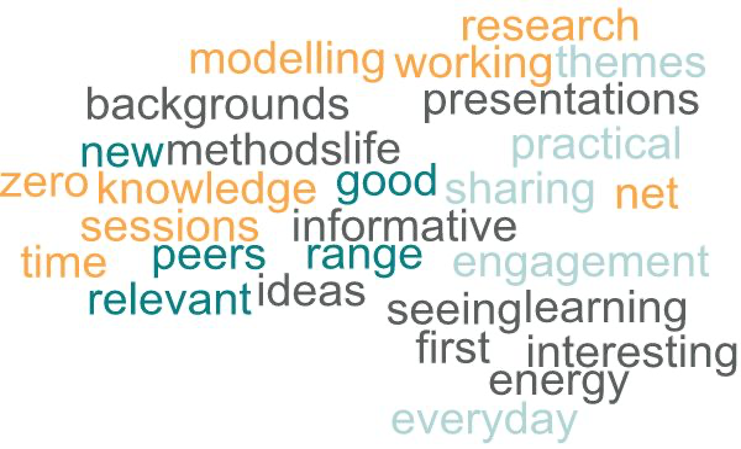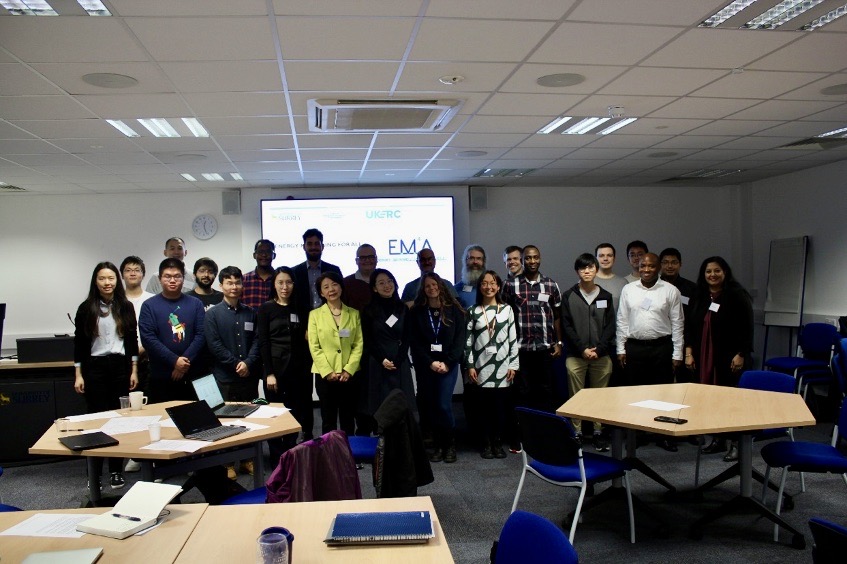
In our ever-evolving world, energy modelling has become a crucial tool for shaping the future of our energy systems. Understanding and optimizing energy usage is not limited to experts and professionals alone; it’s a skill that can benefit everyone. To bridge the knowledge gap and empower people from diverse backgrounds, we designed two Energy Modelling workshops which were held at the University of Surrey facilitated by academics at the Centre for Environment and Sustainability. These interactive workshops provided participants with opportunities to learn about energy modelling techniques which can be used to solve practical problems.
The first workshop in June introduced several modelling tools and their applications in everyday life. The aim of this workshop was to demystify energy modelling and encourage interest in the topic and its applications. Participants were presented with four techniques used in energy modelling and asked to come up with problems they could apply energy modelling to solve. Techno-economic analysis and optimization models were popular choices.
The second workshop kicked off with an informative session on “Introduction to techno-economic models in energy research” after the warming up session, presented by Dr Lirong Liu. In this session, participants learnt about the application of techno-economic modelling as a decision support tool. This was followed by a group work session to apply NPV calculations to a practical project with scenario analysis. The content was aimed at non-experts and allowed attendees to work collaboratively in groups, with support from the energy modelling team. These interactive discussions encouraged participants to actively engage with each other and gain confidence in applying these tools to practical scenarios. The aim was to make energy modelling more accessible and user-friendly.
Lunch was a highlight of the day with a delicious sit-down vegan meal at the university’s Lakeside Restaurant allowing attendees to chat and get to know each other in a relaxed atmosphere.
The afternoon sessions were about optimisation model at different scales and applications. Researchers from different institutions introduced their work on: the role of energy storage in the low-carbon transition of different power systems, optimisation in electric power systems – models and applications, and optimised distributed heating systems towards net-zero. These sessions gave the attendees plenty to discuss, and there were many insightful questions and discussions.
The participants who came from the private sector, academia and third sector, agreed that the day had been interesting and engaging. The feedback received from the workshop via attendee surveys gave some insights into what they found most useful:
“Sharing of knowledge, informative sessions practical engagement, good presentations, learning new methods and working with peers from a range of backgrounds, net zero themes, interesting ideas for research, seeing for the first time how energy modelling is so relevant for everyday life”
The Energy Modelling for All Project is more than just educational events; it’s a transformative experience that empowers individuals to take control of their energy consumption, reduce their carbon footprint, and contribute to a more sustainable future. By making energy modelling accessible and engaging, these workshops inspired participants to become active agents of change in their communities, homes, and workplaces. It is a stepping stone towards a greener and more eco-conscious world, where everyone has the tools and knowledge to model, understand, and manage their energy effectively.
Both workshops from the Energy Modelling for All Project were sponsored by UK Energy Research Council (UKERC). The Energy Modelling Network created for this project along with the LinkedIn group have over 80 members and continues to gather interest.
Energy Modelling for All Team
Nayanee Silva
Xinyao Liu
Dr Lirong Liu

For more information about the project and content from the workshops, visit www.energymod4all.org and follow us on X (Twitter): @energymod4all
You can join the Energy Modelling for All network by joining the LinkedIn group.
Sign up for updates by sending us a message via the website.
Slides from this event can be found here

